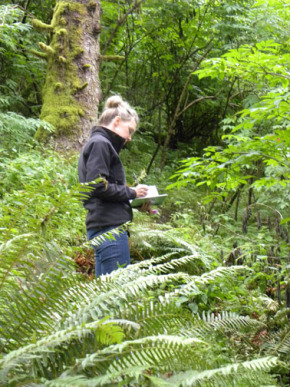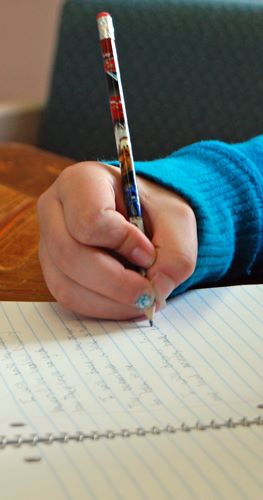Because the world turns with the steady hum of creative effort, I am happy to take part in the Next Big Thing.
Writers Molly Spencer and Hannah Stephenson asked me to join in this blog-tag-o-rama in which I share my latest literary act — and I invite you to share yours, too.
What is your next 'big thing' ?
 Off the Page, an annual reading event featuring Oregon writers of all ages and experience. The gathering pulses with a party vibe — with wine, music, mingling, laughter and, sometimes, tears.
Off the Page, an annual reading event featuring Oregon writers of all ages and experience. The gathering pulses with a party vibe — with wine, music, mingling, laughter and, sometimes, tears.
How did the idea originate?
The event began eight years ago with a writing group that met at my house. I’d serve soup, we’d chat, and then we’d write together. After a time we wanted to share our efforts so we staged our first reading. Some had never shared their work publicly, while others were accomplished writers.
In that first reading, I realized the power of making yourself vulnerable. To share your words — those things directly connected to your head and your heart — is terrifying, but also completely exhilarating.
Off the Page is held every April (during National Poetry Month) and is now in its seventh year. The first year drew 25 people, and recent years have seen audiences of 60 to 80 people.
The event spotlights local writers — from first-timers to well published, from 8 year-olds to 80 year olds — which creates a great mix of creative energy. Often the room is pin-drop still with a hushed reverence, and then the next writer will have the crowd doubled in laughter.
Who or what inspired you to create this event?
Over the years, writing has allowed me to wear many professional hats: reporter, editor, publicist, and more. But for years, I kept my poems covered and close. When I began to take poetry seriously, I discovered that writing needs air. It needs to come off the page and into the world.
One of the best things about orchestrating this event is when I discover people in my everyday life — my neighbor, the pharmacist, the waitress — is a writer. I love encouraging others, and sharing these secret selves with the community.
Each year features a fresh selection of writers, and the changing mix always produces some surprises.
What genre does your event fall under?
Creative expression in all word forms — poetry, prose, song, fact, fiction . . .
What is the one-sentence synopsis of your event?
Write, share, thrive.
What else should we know?
You can do this, too! Don't wait for an invitation. Create your own reading event, or writing group, or workshop. The writing life starts now, with you.
Off the Page - No. 7 is on Saturday, April 13, 2013, from 7 to 8:30pm at the Overleaf Event Center in Yachats, Oregon. Admission is free, and open to all ages.
____
Now it's your turn! Are you writing a novel, publishing poems, or teaching a class? Now's your chance to share. To take part in the Next Big Thing simply borrow the questions above and interview yourself — then be sure to leave us a link to your blog post so we can learn more about you and your creative endeavor.
You choose one little thing, and everything that follows — maybe for the rest of your life — chooses you. So you pray for mercy, for whatever it takes to bear it gracefully. And give thanks for all the good things that come along, despite yourself, despite all the stupid, awful things you believe and say and do.





















